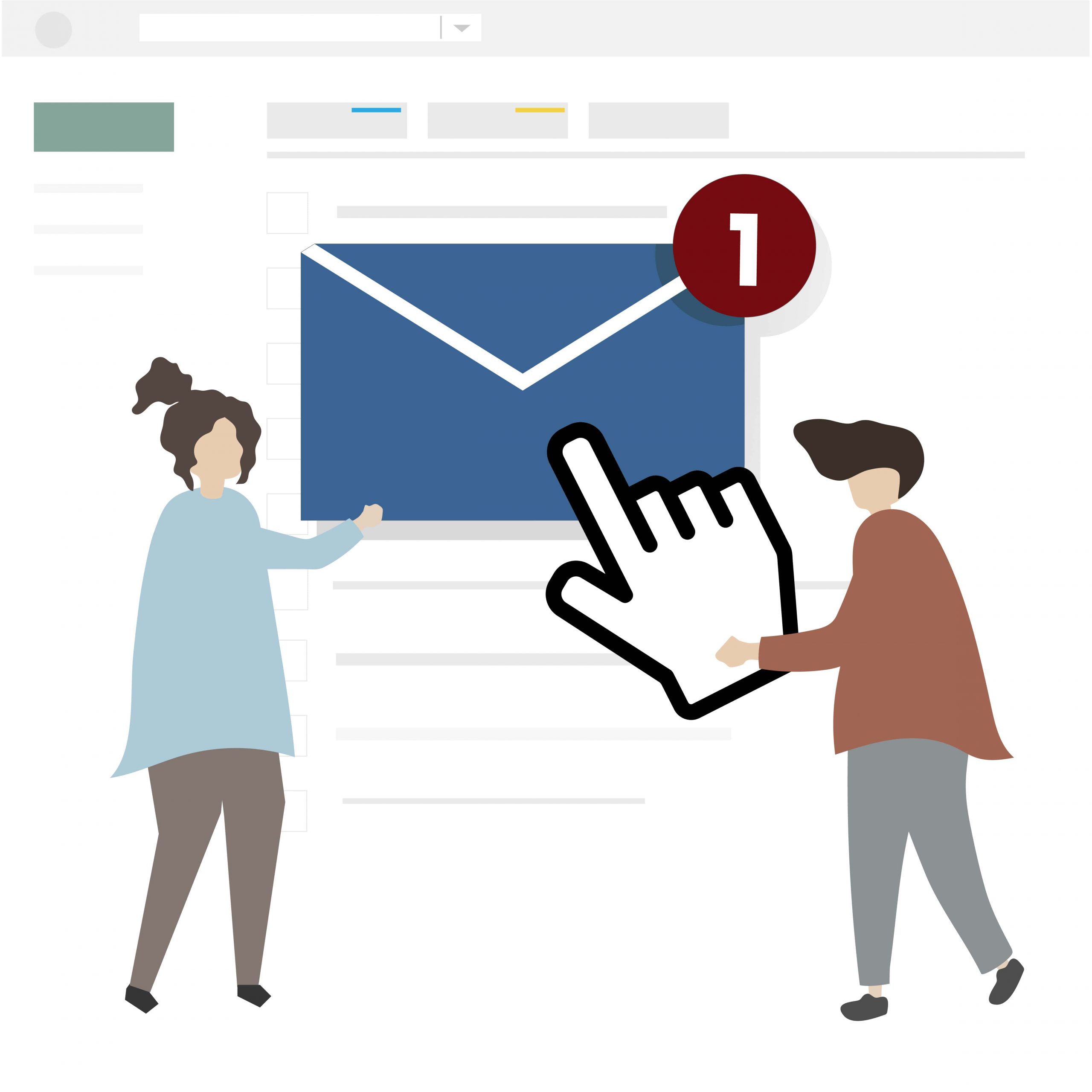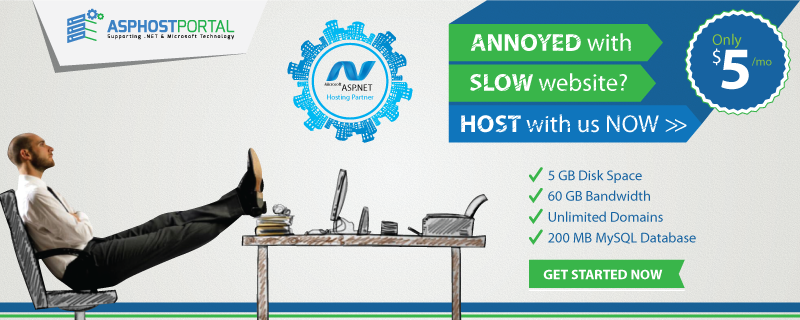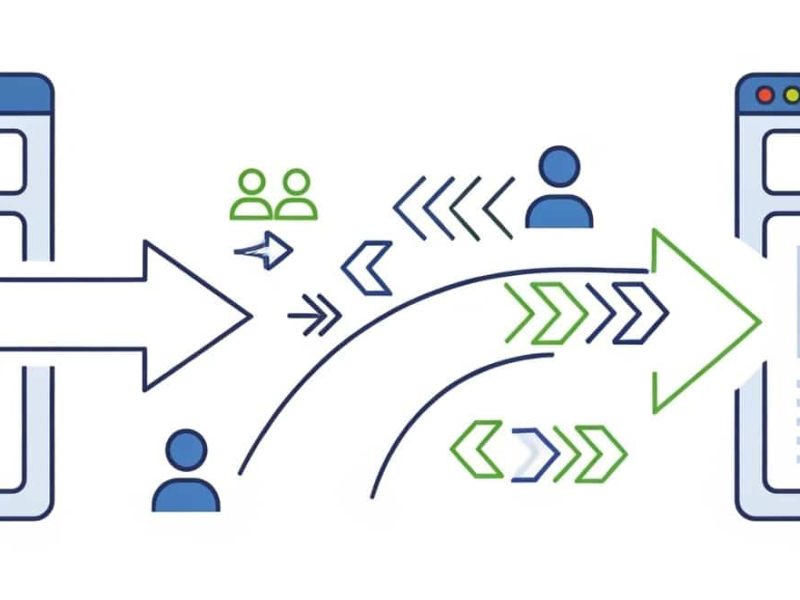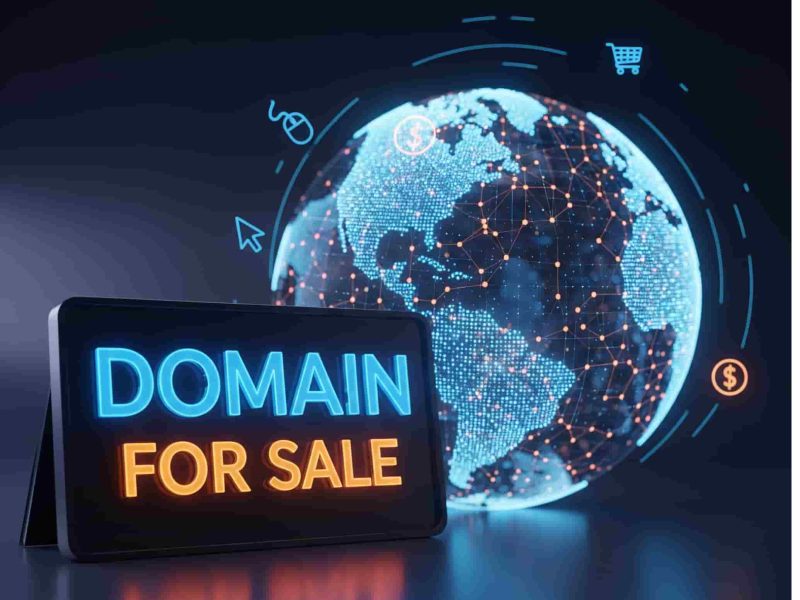Domain name privacy protection is an option provided by web hosting services and domain name registrars to prevent spamming and the disclosure of personal information about a domain’s registered owners. It’s a paid add-on that advocates claim is critical for preventing the abuse of email addresses and other publicly available Whois data—but do you really need to buy a domain privacy protection plan to protect your website and your identity?
Domain privacy protection can provide a sense of security, but due to recent updates to international regulations aimed at protecting online privacy, purchasing domain privacy protection is a choice, not a requirement, for your small or medium-sized business or professional website.
Why Use Domain Privacy?
1. Reduce Spam
When your name and contact information are visible in a WHOIS search, you are exposing yourself to a lot of spam. Many marketers will use this data to create lists to sell to virtually any organization looking for mass email addresses.
This enables marketers to create niche mailing lists for their own profit while subjecting you to unsolicited messages.
Spam could also include emails from people trying to get your business. Website designers, other website owners, and other “deals” may quickly begin to flood your inbox.

Even if some of these are legitimate businesses looking for leads of their own, you may become inundated with such offers.
Registration scams, fake alerts, and other issues can arise if your personal information becomes public.
2. Hide Your Location
Not everyone needs to be aware of your physical location. Perhaps you run an eCommerce site from your home or started a blog that became extremely popular. You don’t want people showing up at your house unexpectedly.
For whatever reason, adding privacy to your domain hides your physical location from the public eye.
3. Hide Website Ownership
Not every registered user is directly linked to the website in question. It is common practice for designers and site hosting providers to register domains on behalf of their clients.
For whatever reason, some clients prefer not to have their personal information linked to the site. Instead of displaying the designer’s information, which may have nothing to do with the topic of the website, some people will use WHOIS privacy settings.
4. Reduce Identity Theft
Not all identity thieves are looking for your credit card details. Many people will use your information to try to take over your website, create accounts in your name, or otherwise cause havoc online.
WHOIS privacy lowers the chances of losing your identity to those with malicious intent.
5. Hide Contact Information

From a professional standpoint, using a private domain encourages visitors to provide specific contact information.
Instead of contacting you directly via phone, email, or address, these individuals will need to use the information you provide on the website. This gives you complete control over the correct contact information for your business website or professional blog.
The last thing you want is for someone to call your number and try to order a product your company sells at 2 a.m. while you’re trying to sleep.
FAQ Adding Domain Privacy
What is domain name privacy protection?
Domain name privacy protection is an option provided by web hosting services and domain name registrars to prevent spamming and the disclosure of personal information about a domain’s registered owners.
What are the advantages of domain name privacy protection?
When you register a website, domain name privacy protects your personal information such as your name, address, and phone number. It keeps strangers from finding out where you live and shields you from spam and identity fraud. So, it is like a secret shield for your online identity.
What are the risks of not receiving domain name privacy protection?
If you do not have domain name privacy protection, people can find out personal information such as your address and phone number. This can result in strangers bothering you, sending spammy messages, or even attempting to steal your identity. It’s like leaving your door open for internet trolls!
Do I need domain name privacy protection?
Domain name privacy protection is not required, but it is recommended. ASPHostPortal’s domain name privacy protection is extremely affordable.

Yury Sobolev is Full Stack Software Developer by passion and profession working on Microsoft ASP.NET Core. Also he has hands-on experience on working with Angular, Backbone, React, ASP.NET Core Web API, Restful Web Services, WCF, SQL Server.



